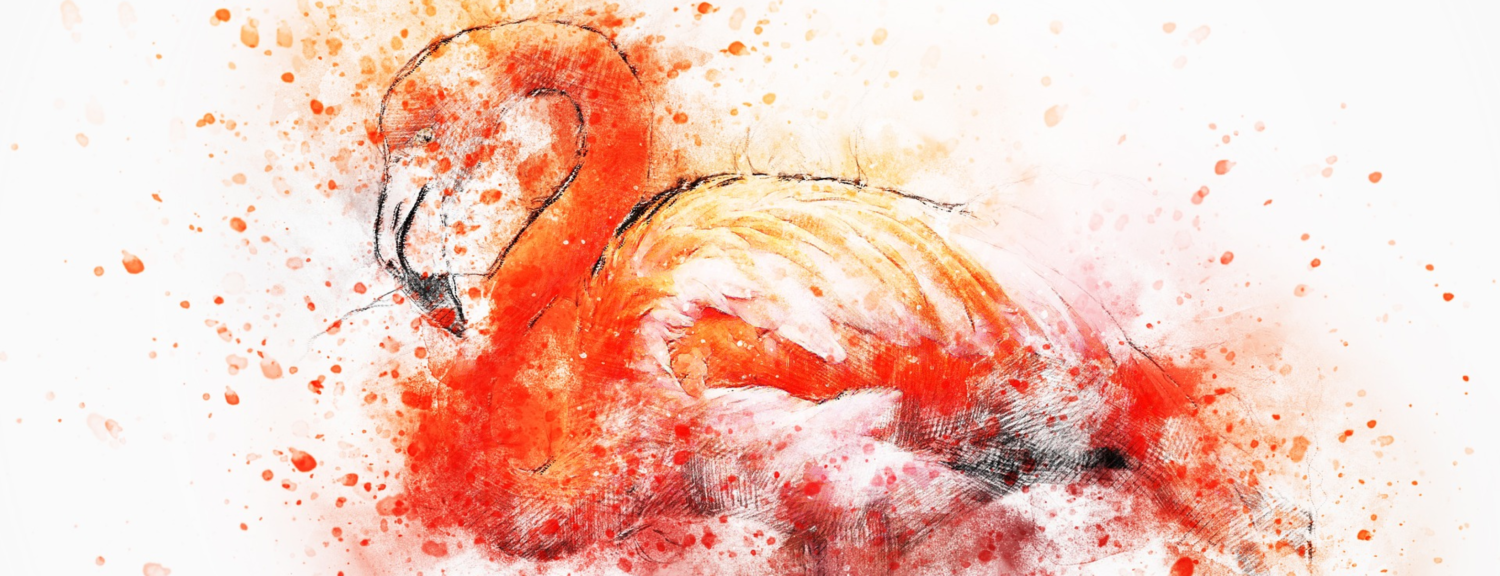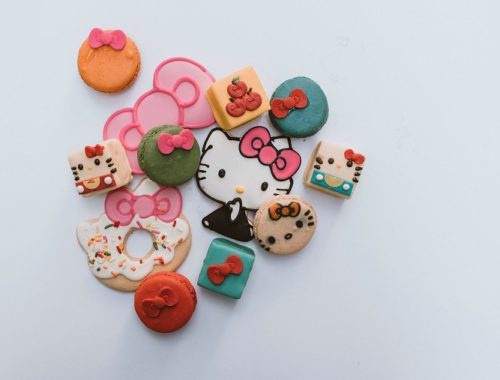
‘Beautiful world, where are you’ – a book review

by The Flamingo
Happy New Year to all my dear readers! Another year has gone by, it was full and fast, with no time to dwell on the things that passed, nor to make plans and resolutions for the next to come. However, I had the intention to start January with one of my favorite contemporary authors and her newly published book.
Sally Rooney is a young Irish writer with a unique prose, whose gift is that of turning the normal and the ordinary into poetry. She is mostly known for her best selling book Normal People, which I devoured at the time (here is the link to my review, if interested). Beautiful World, Where are You is exactly what I needed and expected this book to be. It helped me take time to think, meditate, question the things around me and helped me get in touch with myself again, after a few months of living too fast.
Beautiful World, Where are You is a phrase from a poem by Friedrich Schiller, the title being as poetic as all the content of this novel. The story has two best friends at its center, Alice and Eileen, and their relationship to each other as well as their connection to their partners.
Alice is a successful writer, Eileen works as an editor at a low profile magazine. Alice is a bit of a hermit, with a difficult personality, Eileen is apparently more open and friendly. They both have their share of mental issues, one maybe more so than the other. Alice is in a new relationship, with Felix, a quaint fella’, very different from her. Eileen is in a long relationship with her long time friend, Simon, another quaint fella’.
This book normalizes the imperfect in every relationship, all the flaws in each character. All the connections in this story are beautifully described, starting with the friendship between Alice and Eileen. In most of the book they communicate through emails, being apart for a while. They never speak on the phone, but they write to each other details about their life and observations and thoughts about the world around them. Through these letters you sense the intellectual discourse of Sally Rooney, very characteristic to her books. The friends approach subjects like religion and faith, communism and middle class, literature and sexuality, art and history. Here are some passages that caught my eye:
I am always talking about care ethics and the value of human community, but in my real life I don’t take on the work of caring for anyone except myself. Who in the world relies on me for anything? No one. I can blame myself, and I do, but I also think the failure is general. People our age used to get married and have children and conduct love affairs, and now everyone is still single at thirty and lives with housemates they never see. Traditional marriage was obviously not fit for purpose, and almost ubiquitously ended in one kind of failure or another, but at least it was an effort at something and not just a sad sterile foreclosure on the possibility of life. Of course if we all stay alone and practice celibacy and carefully police our personal boundaries, many problems will be avoided, but it seems we will also have almost nothing left that makes life worthwhile. I guess you could say the old ways of being together were wrong – they were! – and that we didn’t want to repeat old mistakes – we didn’t. But when we tore down what confined us, what did we have in mind to replace it? I offer no defence of coercive heterosexual monogamy, except that it was at least a way of doing things, a way of seeing life through. What do we have now? Instead? Nothing. And we hate people for making mistakes so much more than we love them for doing good and the easiest way to live is to do nothing, say nothing and love no one.
After I finished this book and had some time to sediment my feelings regarding the two love stories in it, I feel that the relationship between Eileen and Simon was the one I resonated with the most. The longing between them and the lack of proper communication is what made it so real for me. Alice’s and Felix’s relationship is confusing and unsettling. Although they seem not to be right for one another, they actually make the relationship work, with all their quirks and emotional instability.
Here are two quotes that offer a glimpse into each relationship:
Eileen’s and Simon’s: He saw her on O’Connell Street a few weeks later, it was August, she was walking with a friend he didn’t know, all the way across the road, heading toward the river, and she was wearing a white dress, it was a hot day. How graceful she looked in the crowd, his eyes followed her, her long beautiful neck, her shoulders gleaming in the sunlight. Like watching his life walk away from him. (…) There was Simon, crossing the street. It was so peaceful just to watch him, his fine handsome figure, making his way through the deep blue liquid darkness of December, his quiet solitude, his self containment, and she felt so happy, so grateful that they lived in the same city, where she could see him even without meaning to, where he could appear like this in front of her just when she needed most to see him, someone who had loved her for her entire life.
Alice’s and Felix’s: If you’re thinking of doing something to hurt yourself, he said, don’t bother. You’ll only make a scene and you won’t feel better afterwards anyway. Her hands were braced against the kitchen counter, her eyes closed. Very quietly she answered: No, don’t worry. I won’t do anything while you’re all here. He raised his eyebrows and looked down at his drink. I’d better stick around so, he said. Her knuckles stood out white where she gripped the counter. I don’t honestly think you care whether I live or die, she said. Felix took a sip of his drink and swallowed. I should be pissed off with you talking to me like that, he remarked. But what’s the point? You’re not even talking to me anyway. In your head you’re still talking to her. Alice bent down over the sink, her face buried in her hands, and he got up from his seat to go to her. Without turning around she said: Come near me and I’ll fucking hit you, Felix. I will. He stopped there at the table while she stood with her head in her arms…She was shivering, her teeth were chattering. In a low kind of groan she said: Oh God. I feel like I’m going to kill myself. He was leaning against the kitchen table, watching her. Yeah, I’ve felt that way before, he answered. But I haven’t done it. And neither will you.
Beautiful World, Where are You is a book about acceptance of our own inner demons, our own weirdness and flawed personalities and of those around us. Because through all the ugly, there is also so much beauty in the world and in ourselves, beauty in the ordinary. The book ends on a reflective note: I suppose I think that having a child is simply the most ordinary thing I can imagine doing. And I want that – to prove that the most ordinary thing about human beings is not violence or greed but love and care. To prove it to whom, I wonder? Myself, maybe.
Photo from Flamingo‘s archive.





